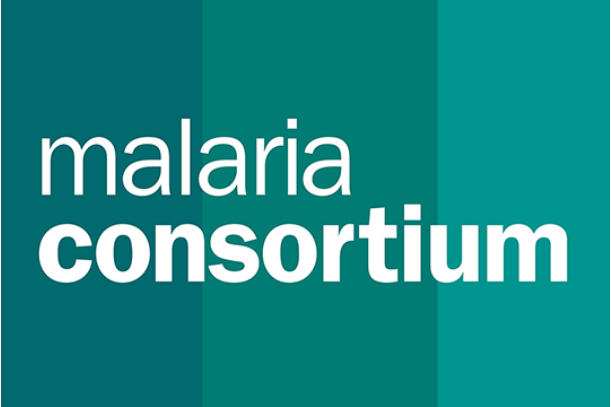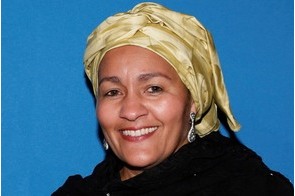Malaria Consortium calls for applications for Entomology scholarship in Nigeria

Summary
The London-based charity said the scholarship was created to ensure that Dr. Meek’s values are passed on to future generations of entomologists in Africa.
The Malaria Consortium has announced that it has partnered with the University of Nigeria, Nsukka (UNN), to establish a scholarship in memory of Dr. Sylia Meek, the Consortium’s former Global Technical Director.
The London-based charity said the scholarship was created to ensure that Dr. Meek’s values are passed on to future generations of entomologists in Africa.
Dr. Meek died on May 11th, 2016 after an 18-month battle with cancer. Originating from Hull in Northeast England, Meek was instrumental in transitioning Malaria Consortium from a resource centre into an evidence-based, health research and implementation charity committed to fighting infectious diseases, particularly malaria, in poor countries.
“Both Malaria Consortium and University of Nigeria are committed to ensure Sylvia's values are carried on by the future generation of entomologists in Africa,” the UK charity said. “Sylvia was not only a great scientist but someone with great compassion who was an inspiration to her associates and colleagues.”
UNN will be accepting two scholarship students in 2017 for a two-year Master’s programme in Entomology at the Department of Zoology and Environmental Biology, Faculty of Biological Sciences, starting mid-October.
The Dr. Sylvia Meek Scholarship for Entomology will cover all tuition fees, a research study allowance, upkeep costs such as accommodation and board, an allowance to travel to Nigeria (if non-national) and return home after the course, health insurance and stationery costs for the two-year duration of the programme.
Interested applications must have a bachelor’s degree; demonstrate an interest in, and commitment to, entomology and the control of vector borne diseases; and have good knowledge of English (the language of instruction).
Applicants should apply to University of Nigeria by submitting an application letter, stating the area of entomology; a bachelor’s degree certificate; and academic transcript. Applications should be sent to the Dean of the Postgraduate School, Professor Patience Osadebe, via patience.osadebe@unn.edu.ng; and to the Deputy Vice Chancellor, Professor James Ogbonna, via James.ogbonna@unn.edu.ng.
All applications must be submitted no later than August 27th, 2017. UNN will screen, pre-select and shortlist applicants. The shortlist will be submitted to a scholarship selection panel comprising of UNN and Malaria Consortium vector control experts.
“The scholarship, established in Sylvia’s honour by Malaria Consortium, will empower a new generation of public health entomologists and malaria staff in Africa and Asia,” the UK charity said. “Given the limited number of field-oriented vector biologists, and the challenges African countries face in achieving malaria elimination, this scholarship is a great opportunity to support the next generation of public health entomologists in support of this quest.”
Related
-
Reflections on achieving the global education goals
In today’s deeply interconnected world, the benefits of strong and inclusive education systems are far-reaching. A ...
-
Michelle Obama urges policymakers to invest in girl-child education
By 2020, the World Bank expects to invest at least $2.5 billion in education projects targeting adolescent girls.
-
HP opens centre for African entrepreneurship
HP’s commitment to train 100,000 learners in Africa is in line with the UN Sustainable Development Goal 4.









